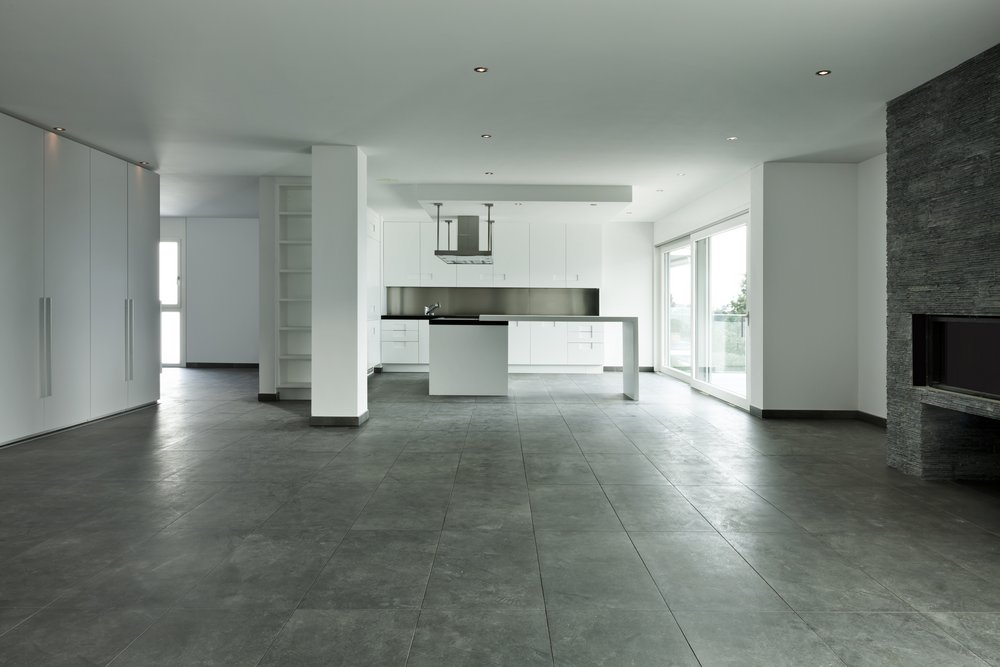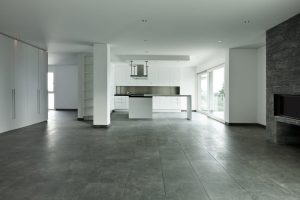When it comes to renovating or building a home, one of the key decisions to make is choosing the right type of flooring. Flooring not only affects the aesthetics of your space but also plays a crucial role in your budget. With so many options available in the market, it can be overwhelming to determine the most affordable flooring types that suits your needs. In this article, we’ll explore various flooring options and guide you through the process of selecting the most cost-effective one for your project.
Selecting the right affordable flooring type is a balance between aesthetics, durability, and cost. While some materials might be visually appealing, they could also break the bank. So, what’s the secret to finding the most affordable flooring types that doesn’t compromise on quality?
Factors Affecting Flooring Costs
When evaluating the affordability of flooring, it’s essential to consider several factors: materials, installation, and maintenance. Each of these aspects contributes to the overall cost of the flooring project.
Materials
Different materials come at various price points. Laminate and vinyl flooring, for instance, offer cost-effective alternatives to pricier options like hardwood or natural stone. These materials mimic the look of more expensive floors without the hefty price tag.
Installation
The cost of floor installation varies depending on the complexity of the project and the chosen flooring type. Some flooring options, such as carpet tiles, are easier to install and might be suitable for a DIY approach, potentially saving you money on labor.
Maintenance
Affordable flooring options often require minimal maintenance, translating to long-term cost savings. For instance, laminate and vinyl flooring are known for their easy upkeep and resistance to stains and wear.
Affordable Flooring Options
Let’s delve into some of the most affordable flooring options available in the market today:
Laminate Flooring
Laminate flooring is a popular choice due to its cost-effectiveness and versatility. It resembles hardwood but comes at a fraction of the price. Laminate is durable and resistant to scratches, making it suitable for high-traffic areas.
Vinyl Flooring
Vinyl flooring offers an array of design options, including designs that mimic natural stone and wood. It’s water-resistant, making it an excellent choice for kitchens and bathrooms. Vinyl flooring is also relatively easy to install, potentially reducing labor costs.
Carpet Tiles
Carpet tiles provide a budget-friendly way to enjoy the comfort and warmth of carpeting. They’re modular, making them easy to replace if damaged. This feature is particularly advantageous if you have pets or kids.
Engineered Wood Flooring
If you desire the look of hardwood but want a more affordable option, engineered wood flooring is a great compromise. It consists of a thin layer of real wood on top of high-quality plywood, offering the appearance of hardwood at a lower cost.
Porcelain Tile
Porcelain tile is renowned for its durability and resistance to moisture. It can mimic the look of natural stone while being more affordable. Porcelain tiles are an excellent choice for areas prone to spills and moisture, such as kitchens and bathrooms.
Comparing Affordability and Durability
While affordability is crucial, durability shouldn’t be overlooked. A slightly higher upfront investment in a more durable flooring type could result in long-term savings by avoiding frequent replacements and repairs.
Pros and Cons of Each Flooring Type
Understanding the advantages and disadvantages of each flooring type can help you make an informed decision:
Laminate Flooring
Pros: Cost-effective, easy to install, versatile.
Cons: Not as durable as hardwood, can’t be refinished.
Vinyl Flooring
Pros: Wide variety of designs, water-resistant, budget-friendly.
Cons: May not add as much value to your home as hardwood.
Carpet Tiles
Pros: Easy to replace, comfortable, insulating.
Cons: Prone to staining, might not suit all aesthetics.
Engineered Wood Flooring
Pros: Real wood layer, more affordable than solid hardwood.
Cons: Limited refinishing options.
Porcelain Tile
Pros: Highly durable, moisture-resistant, versatile designs.
Cons: Cold underfoot, can be slippery when wet.
Tips for Budget-Friendly Flooring
Here are some tips to help you make the most of your flooring budget:
- Get quotes from multiple flooring contractors to ensure competitive pricing.
- Consider opting for less intricate installation patterns to reduce labor costs.
- Shop for flooring during sales or clearance events.
- Check for discounts on discontinued flooring lines.
DIY vs. Professional Installation
Deciding whether to install the flooring yourself or hire professional remodeling contractors depends on your skill level and the complexity of the project. While DIY can save on labor costs, professional installation ensures proper fitting and a polished floor look.
Maintaining Affordable Flooring
To ensure the longevity of your affordable flooring, follow these maintenance tips:
- Regularly sweep or vacuum to prevent dirt buildup.
- Wipe up spills promptly to prevent stains.
- Place rugs or mats in high-traffic areas to protect the floor.
- Follow manufacturer guidelines for cleaning products and methods.
- Making the Right Choice for Your Space
Ultimately, the most affordable flooring type depends on your specific needs and preferences. Consider factors like the room’s function, foot traffic, and design aesthetic when making your decision.
Final Words
Selecting affordable flooring doesn’t mean compromising on quality or style. By weighing the pros and cons of various options and considering your budget, you can find a flooring type that suits your space without breaking the bank.
FAQs
Is laminate flooring suitable for kitchens?
Laminate flooring’s durability and resistance to moisture make it a suitable choice for kitchens.
Can I install vinyl flooring in the bathroom?
Yes, vinyl flooring’s water-resistant properties make it a great option for bathrooms.
How long do carpet tiles typically last?
Carpet tiles can last around 5-10 years, depending on usage and maintenance.
Can engineered wood flooring be refinished?
Yes, engineered wood flooring can typically be refinished a few times, extending its lifespan.
Is porcelain tile a good option for high-traffic areas?
Absolutely, porcelain tile’s durability and resistance to wear make it an excellent choice for high-traffic areas.



